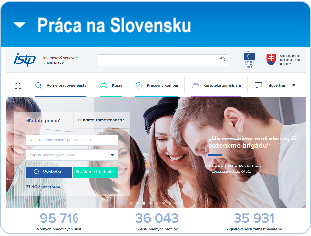Slovak News Back to the news
SMK: Boosting Slovak Language Education Shouldn't Be Up to Politicians
Thursday 25 March 2010 Zoom in | Print page
Bratislava, March 25 (TASR) - Boosting the quality of Slovak language education at minority-language schools shouldn't be up to politicians and parties, as this is the worst possible way of tackling the issue, ethnic-Hungarian SMK party vice-chair Laszlo Szigeti told a press conference on Thursday.
The issue should be dealt with by experts instead, added the former education minister. A thorough analysis of the quality of Slovak language education at Hungarian-language schools is needed before any shortcomings, if found, are addressed.
However, Szigeti said that he disapproves of special inspections by the State School Inspectorate as announced by Education Minister Jan Mikolaj (Slovak National Party/SNS).
He also brought up Mikolaj's recent statement that the Cabinet's decision on the inspections was made partly in response to recent comments made by Hungarian President Laszlo Solyom. According to Szigeti, it's hypocritical of the Government to raise this issue just a couple of months prior to the end of its term in office.
"SMK is of the opinion that improving the quality of teaching Slovak at minority-language schools is too significant an issue to become the subject of election battles between political parties," he said.
The party would certainly oppose a higher number of Slovak language and literature classes at minority-language schools if such a measure were proposed by the Cabinet. The same would go for any initiative that involved the number of school subjects taught in Slovak being increased and the scrapping of a second foreign language.
Quality would be boosted if pupils were divided into smaller groups. "We advocate introducing new progressive methods of teaching the Slovak language on a communication basis," added Szigeti. Conversation in Slovak should be given more weight than grammar or literature, he suggested.
All rights reserved. Any publishing or further dissemination of press releases and photographs from TASR's resources without TASR's prior written approval constitutes a violation of the Copyrights Act.












